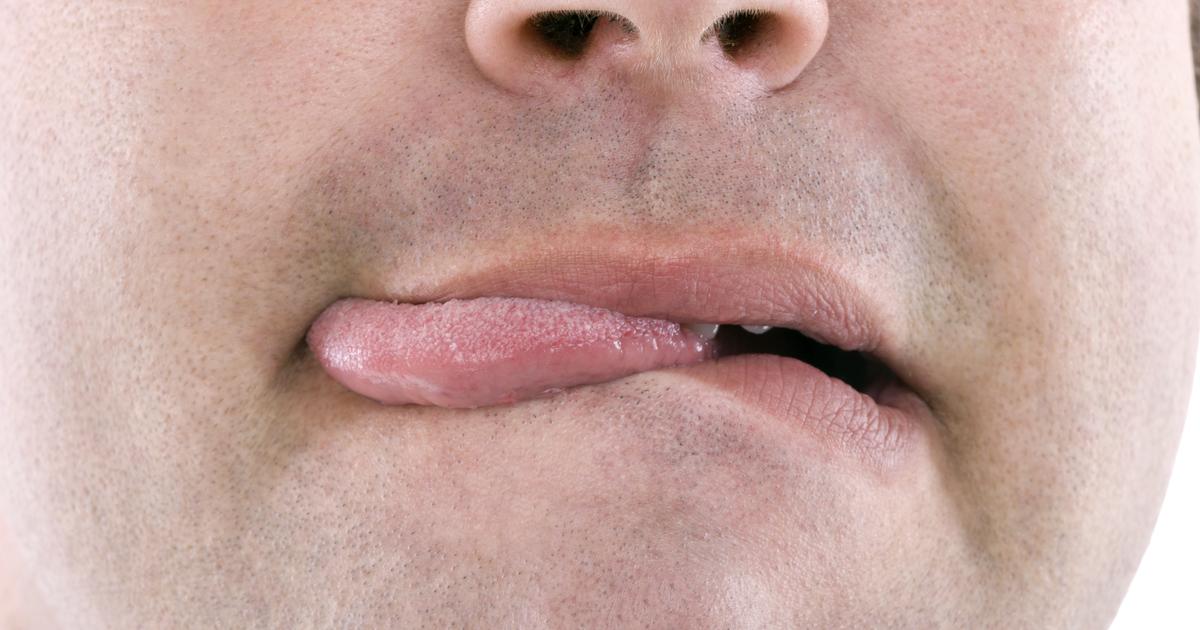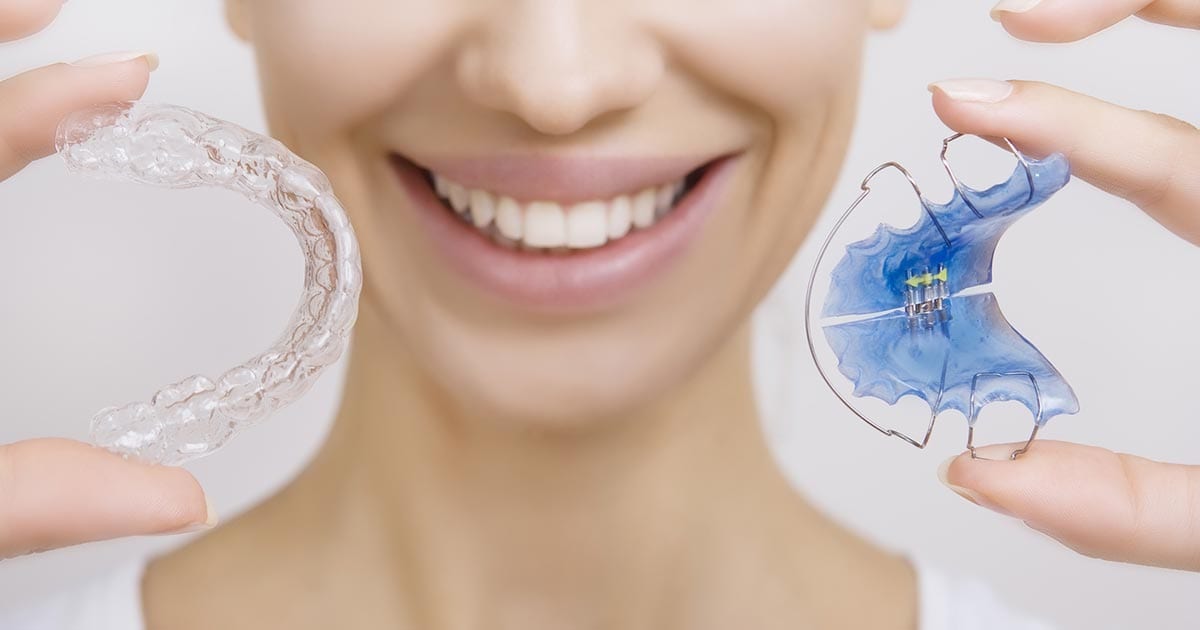What Causes Mouth Sores?
Biting The Tongue, Cheek, Or Lip

An individual may develop mouth sores if they have a habit of biting their cheeks, tongue, or lip. Biting these tissues out of nervousness or habit is a mechanical action that can cause tissues to lacerate and rip from its original location. This tearing of the mucosal tissue leaves an open wound in the mouth that may or may not bleed for a short period. An open wound in the mouth allows particles of food, liquids, and bacteria to enter the deeper tissues and produce inflammation. Inflammation occurs when the immune system responds to the injury that has occurred in the individual's mouth. Inflammation causes the area that has become raw to become swollen, painful, and red. This process can occur with any area of the mouth where an individual bites and tears through enough of the top layer of the mucous membranes. These raw and inflamed areas easily form sores or ulcers in the mouth that may be larger than ulcers caused by other mechanisms.
Discover additional causes of mouth sores now.
Irritation From Braces Or Retainers

An individual who develops frequent mouth sores may also be experiencing irritation from orthodontic equipment like braces, retainers, or other appliances installed in the mouth and around the teeth. When it comes to orthodontic equipment and appliances in the mouth, an increase in the amount of friction on the gums and other tissues can trigger the development of ulcers. The inside of the lips and cheeks are tough to a certain degree, but sometimes the sharp, pointy, and metal-containing components of an individual's braces, retainer, or other orthodontic appliance are enough to puncture the outer layer of these tissues. Mouth sores are especially common among individuals who have just gotten their braces, retainer, or other orthodontic appliance installed on their teeth or in their mouth, as the sides of the mouth and the lips are not acclimated to the presence of these objects. Most individuals get mouth sores less and less throughout their orthodontic treatment, and may only experience the occasional sore when they have their braces changed out or adjusted.
Read more about the triggers for mouth sores now.
